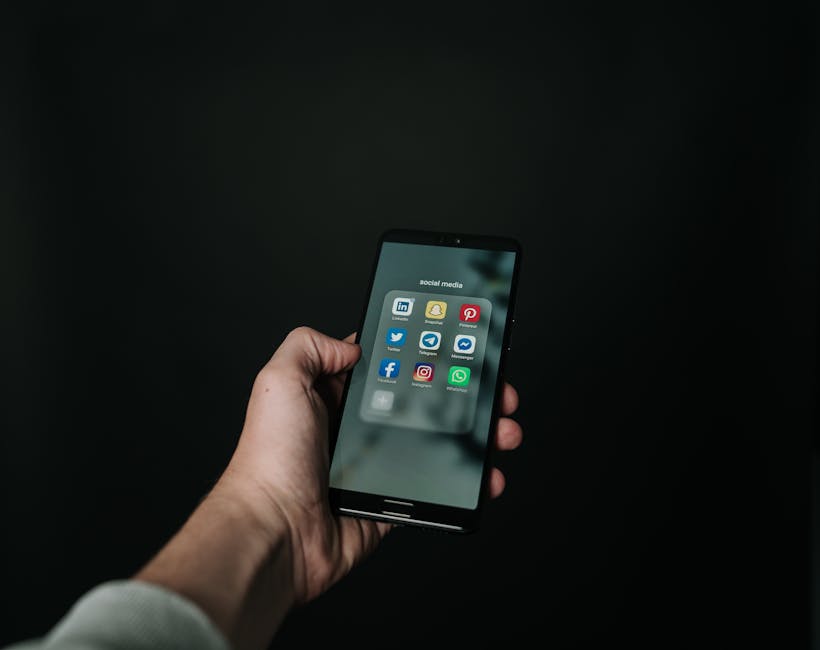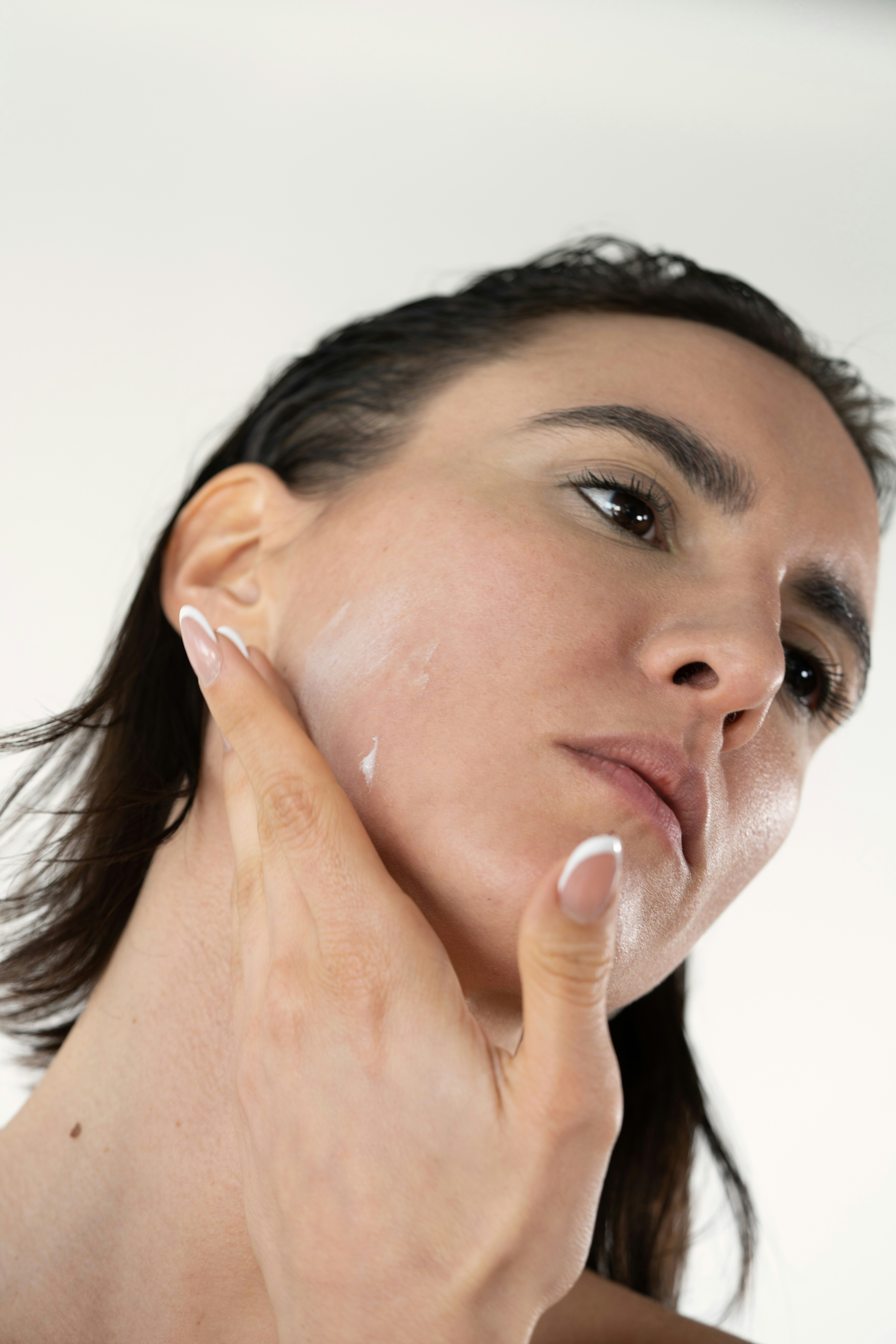Feedback Loops: User-Generated Data Crafting Next-Gen Skincare
In an era where beauty and technology coalesce, skincare enthusiasts are witnessing an unprecedented shift in product development. Forget the days when brands dictated what the consumer wanted; today, feedback loops fueled by user-generated data are revolutionizing the industry. By listening to real user experiences, brands are crafting next-generation skincare products that truly resonate. This article dives into how feedback loops are changing the narrative in skincare, ensuring products cater to authentic consumer needs rather than relying solely on market trends or influencer opinions.
Understanding Feedback Loops in Skincare

Feedback loops are essential mechanisms that enhance the interaction between consumers and brands. In the skincare industry, they offer a platform where customer experiences, preferences, and critiques actively shape product development. With the growth of online platforms and social media, brands now have direct access to user inputs, allowing them to refine formulations, packaging, and marketing strategies in real time. This dynamic relationship means that consumer voices can influence product lines and introduce innovative concepts tailored to specific needs.
For instance, think about a moisturizer that claims to hydrate skin. If a multitude of users share their struggles with finding adequately hydrating products, skincare brands begin to focus on specific ingredients that can address these exact concerns. By listening to their audience, companies can create formulations that not only promise hydration but deliver on that vow.
The Role of Social Media and Online Reviews

Social media platforms are the heartbeat of today’s skincare discussions, rendering consumers both influencers and decision-makers. Platforms like Instagram, TikTok, and YouTube have birthed vast communities of skincare enthusiasts who share their routines, reviews, and personal experiences. For brands, this feedback is invaluable, as it provides insights into consumer preferences, efficacy concerns, and trending ingredients.
User-generated content (UGC), particularly, empowers consumers. A simple video or post can sway thousands, leading to significant market shifts. Brands are now more inclined to engage with this content, fostering deeper connections with their consumer base. Have you seen trending products go viral based on user testimonials alone? This organic feedback creates a feedback loop where the product can evolve based on consumer input, leading to more successful results in the long run.
For more insights on how user experiences impact skincare, consider exploring the fascinating thread between skin health and personal routines in articles like Unlock Radiant Skin: Enhance Your Routine with the Skin-Gut Connection.
Driving Innovation Through Consumer Insights

The beauty industry is ripe for innovation, and nothing drives it more than consumer feedback. With detailed reviews and varied user experiences, brands gather essential data. Analyzing this data, companies can pinpoint trends, analyze ingredient effectiveness, and even identify gaps in the market.
For example, the analytics derived from user reviews can lead to the emergence of entirely new product categories or the refinement of existing ones. Brands might discover, through feedback, a rising demand for chemical-free ingredients or sustainable packaging. Initiatives like Sustainable Sun Protection: Aquaponics Redefining SPF Formulations showcase how sustainability commands attention in today's market.
Case Study: The Rise of Personalization

Personalization has surged in popularity, primarily as a response to user feedback that traditional one-size-fits-all products often fall short. Brands are increasingly leveraging user-generated data to develop tailored skincare routines. For instance, companies might offer diagnostic tools that analyze a user’s skin type and current concerns, leading to a customized recommendation based on accumulated insights from similar users.
Imagine trying a DNA-based skincare line, where products are formulated according to your genetic predispositions. This innovative approach actively utilizes feedback from thousands of customers to refine and direct product development. A prime example would be research into Genetic Skincare: Tailor Your Beauty Routine with Your DNA—showcasing how user data drives personalized advancements in skincare.
The Impact of Data Analytics on Product Development

The integration of data analytics into product development has transformed skincare manufacturing. Now, brands have the ability to analyze past user reviews, sales data, and even social media engagement statistics to guide their research and development (R&D) processes. This opens the doors to creating innovative products based on concrete evidence rather than speculation or traditional marketing tactics.
For instance, if a particular ingredient like hyaluronic acid gathers praise in numerous reviews, brands can expedite its incorporation into new product lines. Furthermore, data analytics can track how products are received over time, evaluating the longevity of their effectiveness based on user feedback. This feedback loop ultimately informs brands whether to continue, enhance, or retire a specific product line.
Balancing Tech with Authenticity

With technology aiding the collection of user-generated feedback, there’s a balancing act at play. Skincare brands must harness data while ensuring they don't lose the human touch. Authentic interactions between consumers and brands establish trust, vital for long-term loyalty. Brands that engage openly with their community, responding to feedback, and remaining transparent about their product development processes build genuine rapport.
Consider exploring the impact of personal engagement in skincare through experiments with olfactory therapy—where scents are utilized to personalize beauty experiences—as discussed in The Scent of Skin: How Olfactory Therapy Personalizes Skincare. Here, feedback on sensory experiences plays a crucial role, illustrating the nuanced relationship between technology, feedback, and genuine user experiences.
Leveraging Technology for Real-Time Feedback

Technology has enabled brands to harness real-time feedback systems, enhancing responsiveness to customer concerns. Mobile apps and online platforms allow brands to issue surveys, gather opinions on product releases, and track the effectiveness of their marketing strategies.
Studies show that brands that act on user feedback not only improve customer satisfaction but also enhance their reputation and market standing. Incorporating technologies like AI and machine learning makes it feasible to analyze user behavior and preferences at an unprecedented scale, directly shaping future product innovations.
For instance, companies looking to redefine their approach to skincare could explore product launches through the lens of user feedback analysis, much like those described in Experience the Future: Virtual Reality in Skincare Routines. Here, real user feedback paves the way for a more immersive and relevant consumer experience.
The Future: A Virtuous Cycle of Engagement

As we look ahead, the future of skincare seems poised for an exciting evolution driven by user feedback. With the community playing a central role in product development, we can anticipate skincare lines that are more inclusive, effective, and genuinely reflective of consumer needs. Brands should consider feedback not just as a means to an end, but as a continuing dialogue where users become collaborators in the beauty narrative.
In navigating this path forward, brands will need to innovate beyond traditional marketing strategies. They must embrace user insights, ensuring they remain attuned to the ever-evolving expectations and desires of their audience. The relationship will become cyclical; the more feedback brands gather and leverage, the better their products will become, inspiring further engagement.
Final Thoughts: Embracing User-Driven Evolution
The skincare landscape is dynamically shifting, and it's evident that user-generated data is at the core of this evolution. Feedback loops foster an interactive relationship between consumers and brands, leading to products that are more relevant and effective. For those immersed in the world of skincare, engaging with brands that prioritize such feedback can lead to transformative experiences.
Skincare enthusiasts are encouraged to share their experiences, opinions, and insights, contributing to a more extensive collaborative narrative. Whether it's through social media testimonials or online reviews, every bit of feedback helps shape what products will succeed in this exciting and rapidly-evolving industry. Embrace this opportunity to influence the future of your skincare products—after all, your voice matters in this beautiful revolution.



